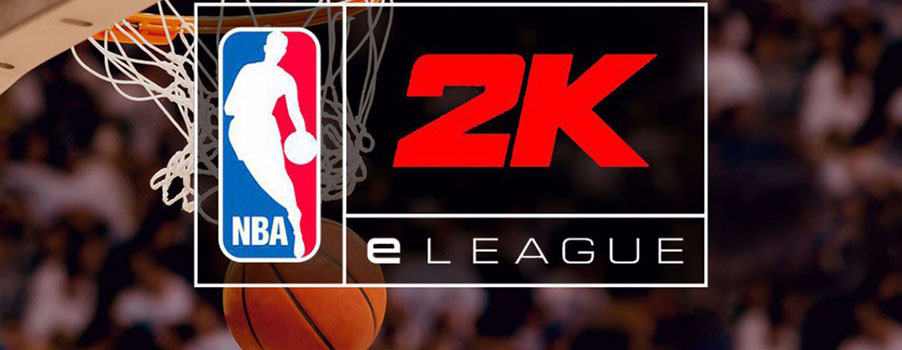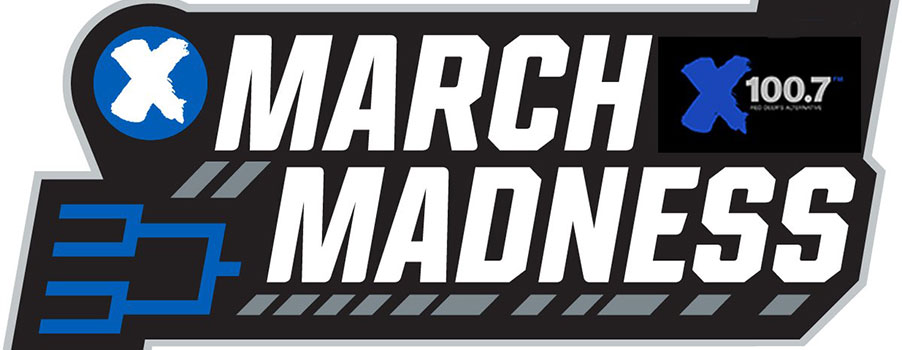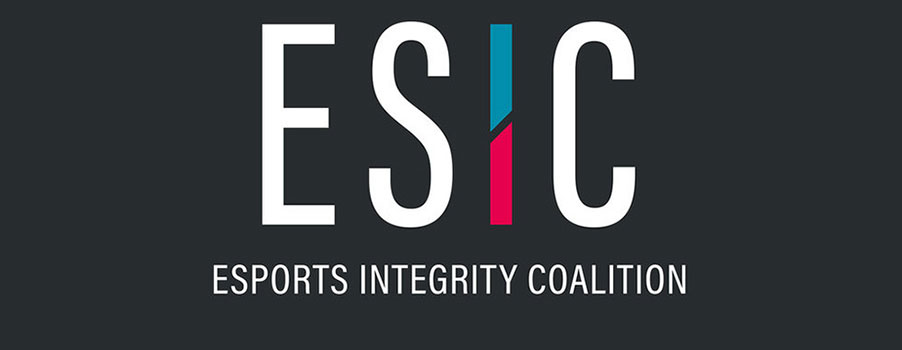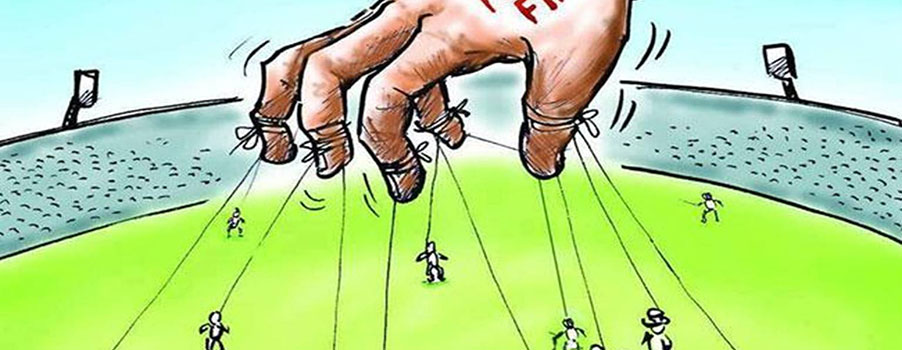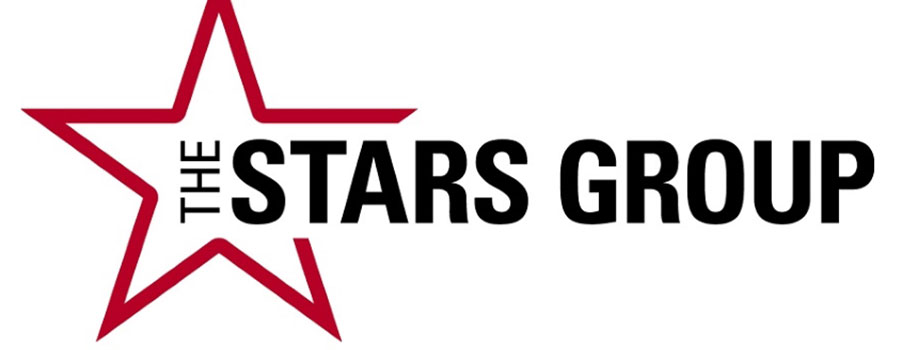The inevitable advance of competitive video gaming, otherwise known as Esports, will break new ground in April when the National Basketball Association (NBA) makes history by becoming the first American professional sports organization to operate a dedicated Esports league. So far, 17 of the 30 NBA franchises have confirmed they will be fielding their own NBA 2k League teams in pursuit of the $1 million prize fund. Still, more teams are being invited to join the NBA 2K League.
To qualify to be a participant in the new league, prospective players must be at least 18 years old and be high school graduates. Also, they must have purchased a copy of the game either for PlayStation or Xbox and won no less than 50 games in Pro-Am mode prior to January 2018. Every player who meets these requirements can look forward to a six-month contract worth $35,000 as well as a $32,000 basic salary. These lucky players will be the top 102 ranking applicants of the tens of thousands who applied and they will be taking part in the opening round of the games in May.
Considered to Be the NBA’s Fourth Branch
Other than the $35,000 six-month contract and the $32,000 basic salary, the players will also have the opportunity to supplement their incomes by signing various endorsement deals. To sweeten the deal, the NBA job will also include a retirement plan, medical insurance and housing! Considering how big this budget is, the NBA certainly has huge expectations for this new venture.
In fact, NBA’s vice president of global partnerships Matt Holt confirmed that the NBA considers the eLeague to be the fourth of its branches alongside the WNBA, minor G League and even the NBA itself. This is further proven by the fact that the benefits offered to Esports players are at par with those offered to professional basketballers.
Getting a Piece of the Esports Gold Mine
The NBA’s interest in online gaming is well founded – the Esports community boasts of approximately 130 million competitive video gamers from all corners of the globe. This makes it one of the fastest growing markets in the world of entertainment with its estimated value standing at $1 billion at the moment.
NBA’s partnership with NBA 2K is an attempt at becoming one of the lucrative tournaments that have been springing up across the globe where professional Esports teams compete for huge prize money as millions of viewers watch online.
The league is taking a slightly innovative approach – they eventually seek to have an eLeague counterpart for every regular-season NBA team. The idea here is that the leagues will be complementing each other. Case in point, the NBA 2K games will kick off in May and run all through the summer, the period during NBA’s offseason.

